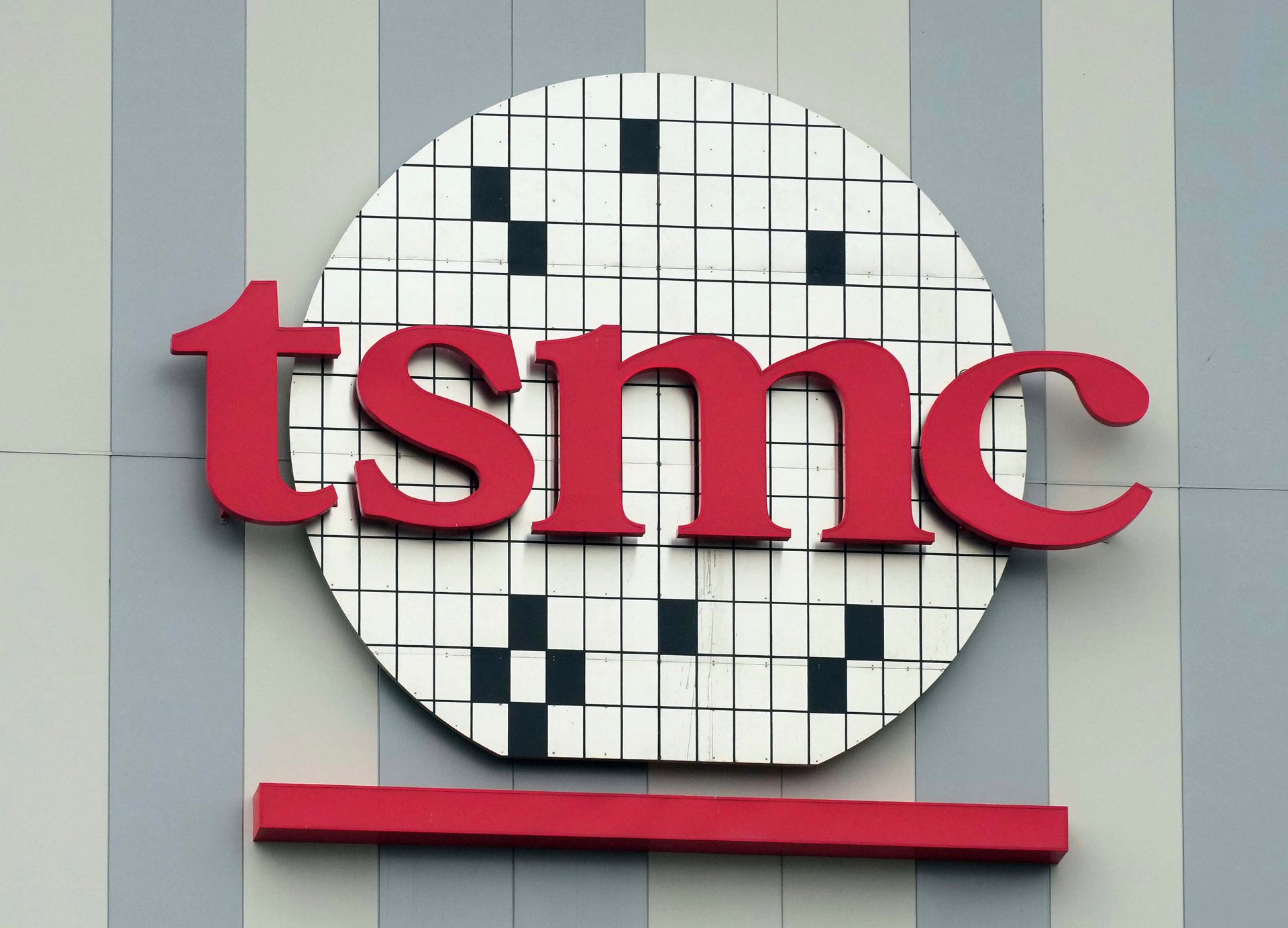TSMC's sales are surging on high AI chip demand
But the Taiwanese chipmaker's revenue growth in August was slower than it was in July

Taiwan Semiconductor Manufacturing Company (TSM) makes a majority of the world’s advanced chips — and its sales are reflecting continued demand for artificial intelligence.
Suggested Reading
The Taiwanese chipmaker reported revenue of NT$250.87 billion ($7.8 billion) for August — a 33% increase from the previous year. The company’s August sales were down 2.4% from July, which saw a 45% surge year over year. TSMC’s revenue for January through August was NT$1,773.97 billion ($55.13 billion), almost 31% higher than a year ago.
Related Content
Analysts expect TSMC’s third-quarter revenue to grow around 37% from the previous year, according to estimates compiled by FactSet (FDS). The company is expected to report its third-quarter earnings results on Oct. 17.
In July, TSMC beat analysts’ expectations for the second quarter, reporting revenue of $20.82 billion for fiscal year 2024 — up 40% from a year ago. The Taiwanese chipmaker, which has an exclusive partnership with AI chip designer Nvidia (NVDA) and is the only supplier of chips for Apple’s (AAPL) iPhones, has seen its shares rise around 56% so far this year.
The chipmaker’s second-quarter business “was supported by strong demand for our industry-leading 3nm and 5nm technologies,” Wendell Huang, chief financial officer of TSMC, said in a statement. In the third quarter, Huang said TSMC expects smartphone and AI-related demand to drive business. TSMC chief executive C.C. Wei said on a call with analysts that AI is “so hot” right now, and that all of its customers are integrating AI into products and devices. Wei said he expects chip production to catch up to demand by 2025 or 2026.
The company expects third-quarter revenue to be between $22.4 billion and 23.2 billion. Analysts are expecting $23.3 billion, according to FactSet.
Meanwhile, the Taiwanese chipmaker’s trial production yields at its factory in Phoenix, Ariz. are reportedly similar to comparable facilities in Taiwan.
TSMC’s yield rate, or the amount of functional chips it can produce per manufacturing process, at its first factory in Phoenix is similar to those back home, Bloomberg reported, citing an unnamed person familiar with the matter. It’s a positive sign for the Taiwan-based chipmaker, which has faced delays at two of its planned facilities in Arizona due to a shortage of skilled workers, and amid investors’ expectations for U.S. profitability.
